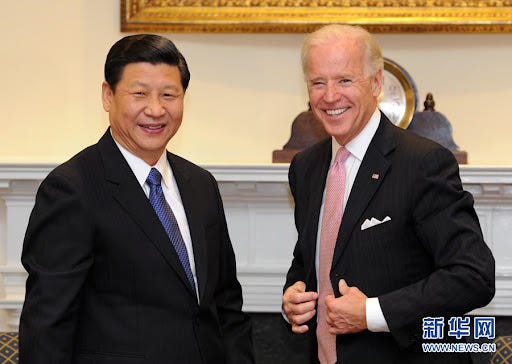US Narrative Embrace
Embracing China Was Greatest Strategic Failure, Embracing China, Cambodian PM approached by US, China and Latin America: A pragmatic embrace, China's embrace of Saudi Arabia leaves Iran in the cold
Embracing Communist China Was U.S.’ Greatest Strategic Failure
By James E. Fanell and Bradley A. Thayer
From the war in Ukraine to the horrific terror attack on Oct. 7 and the subsequent conflict in the Middle East to the roiling waters of the South China Sea, the world today is in crisis. The causes are not found in Moscow or Tehran alone, but primarily …





